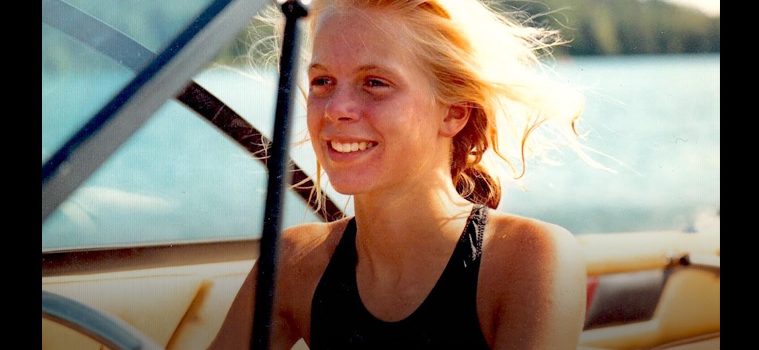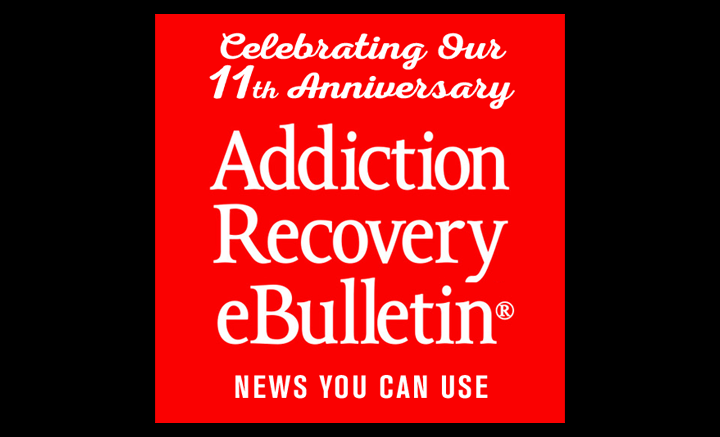EMPTY: A Memoir by Susan Burton –
June 23, 2020 – “In many ways,” she writes, “my adolescence was typical. Prototypical, even. I was an awkward middle-schooler who transformed herself with the help of Seventeen magazine. I was a teenage girl in a public high school at the end of the 20th century, at the edge of the Great Plains. I stood in bleachers at Friday night football games. I read Sylvia Plath and wrote furiously in my journal. I took the SAT and drank wine coolers. I learned to smoke cigarettes on a weekday afternoon in a wood-paneled car.”
Somehow that iconic girlhood gave rise to a private hell. Burton’s story is not unusual: An exceptionally gifted girl, traumatized by her parents’ divorce, finds refuge in the extremes of disordered eating.
The question is, of course: Why should we care? This question can be asked of any memoir, but especially one that so closely maps a life of great privilege. In her prologue, Burton cites Sarah Manguso’s diffident directive: “You might as well start by confessing your deepest shame. Anything else would just be exposition.” Burton’s memoir is valuable because she goes beyond simply confessing her shame; she rakes herself over the coals, and in doing so she models how anger can be used to clarify a story.



